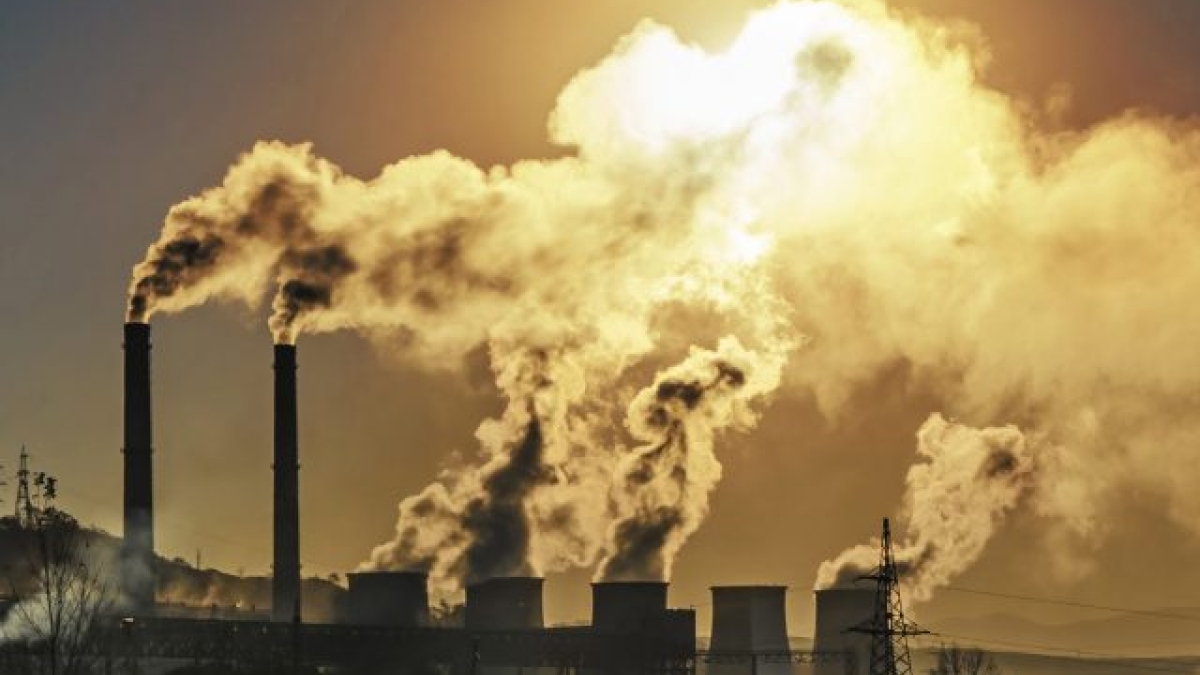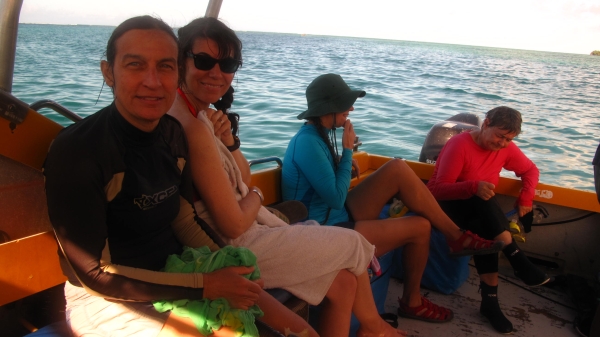Godfathers of environmental law to teach ASU course

In a two-week course at ASU this fall, students will review key environmental legislation, such as the Clean Air Act, the Clean Water Act and Superfund.
Throughout the 1970s, the golden age of environmental law, Congress developed influential and enduring legislation that continues to affect policy today.
In a two-week course this fall, Arizona State University students will have the opportunity to earn credit while getting first-hand insight from two of the era's key influencers: Leon G. Billings and Thomas C. Jorling, the senior staffers who led the Senate environment subcommittee at the time.
Students will review key environmental legislation, such as the Clean Air Act, the Clean Water Act and Superfund, and the behind-the-scenes politics that fostered the legislation.
By the end of the course, students will be able to evaluate the laws in a modern context and discuss how the golden age — when rival lawmakers came together to enact sweeping and powerful environmental standards — differs from our current gridlocked and partisan legislative process.
This course is not just for ASU graduate and undergraduate students. Professors and members of local, nongovernmental organizations are welcome to audit it, as well.
Undergraduate students who wish to enroll must have received a “C” or better in SOS 110 and SOS 111 (or PUP 190). The one-credit course runs from Oct. 17 to Oct. 28 and will be held MWF from 9:00 a.m. to 12:00 p.m. in Wrigley Hall, Room 323.
Click here for more information or to register for 494/598: Origins of Environmental Law.
More Environment and sustainability

Assessing the red alert on corals
As our planet continues to warm, rising ocean temperatures threaten coral reefs across the globe. But not all corals are created…

Designing a more sustainable future with AI
Editor's note: This feature article is part of our “AI is everywhere ... now what?” special project exploring the potential (and…

ASU researchers incorporate data into decision-making for conservation efforts
Leah Gerber sees conservation as a crisis discipline — the work involved tends to be reactive, with the engaged decision-makers…